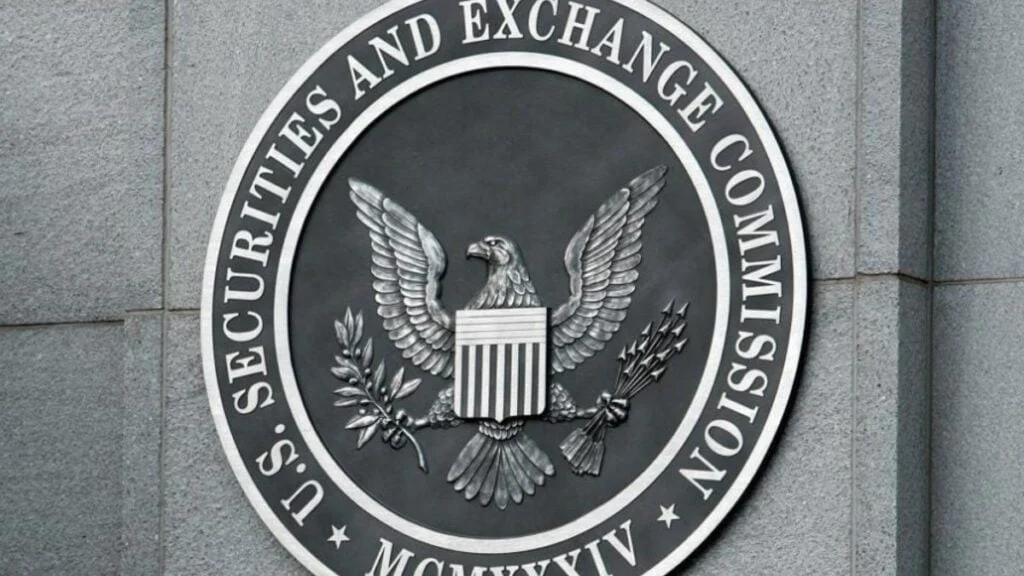The U.S. SEC has urged financial professionals to exercise enhanced scrutiny when recommending high-risk or complex products.

The Securities and Exchange Commission (SEC) has urged financial professionals to exercise “enhanced scrutiny” when recommending complex or risky products, such as cryptocurrencies or “crypto asset securities” as the agency has described them.
The SEC recently emphasized the significance of financial professionals having a thorough understanding of the risks associated with particular investment products before presenting them to clients.
SEC noted that some products have additional complexities or risk components, making it difficult for businesses and financial experts to completely understand their terms, features, and related dangers.
As a result, it could be challenging for them to decide whether these products are ideal for retail investors. Inverse or leveraged exchange-traded products, margin-traded investments, derivatives, crypto asset securities, penny stocks, private placements, asset-backed securities, volatility-linked exchange-traded products, and reverse-convertible notes are examples of products that may require increased scrutiny.
In order to determine if a complex or high-risk product is suitable for individual investors, the SEC advises businesses and financial experts to gather information about them.
This information may include the retail investor’s specific trading objective in relation to the description of the product and their capacity to withstand a higher risk of financial loss.
Although having such an aim or capability does not necessarily mean the product is in the best interests of retail investors. Firms and financial experts must continue to have “a reasonable basis” to think that the investment is in the best interests of the retail investor in light of all relevant circumstances and facts.
This recommendation comes after the SEC charged Bittrex, a cryptocurrency exchange, with allegedly breaking securities laws by allegedly generating at least $1.3 billion in unauthorized revenue between 2017 and 2022.
The SEC has launched over 1,500 enforcement actions, including those addressing violations in the cryptocurrency industry, while Gary Gensler has served as the organization’s chair.
The crypto industry has challenged the SEC’s approach to regulating digital assets. The CEO of Kraken, Jesse Powell, stated that the enforcement strategy used by the regulator “does not help the industry or regulators.”
Paul Grewal, chief legal officer at Coinbase, countered that it shouldn’t be necessary for the general public to decipher federal court cases in order to understand regulatory obligations.
Although Brian Armstrong, the CEO of Coinbase, claimed that their objectives were aligned with those of the SEC, the company has been expanding outside of the United States and most recently received a license from the Bermuda Monetary Authority.
